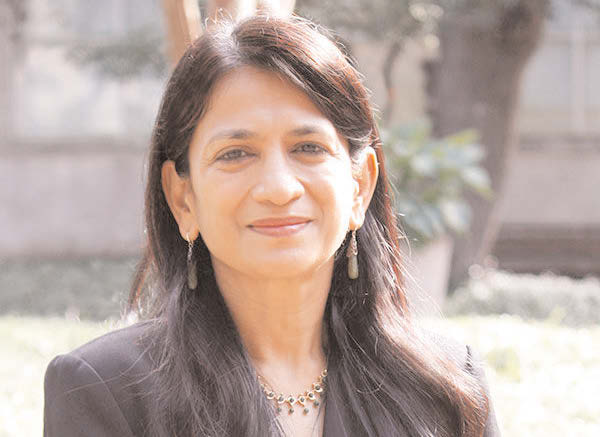
Indian American Dr. Anil Potti, the former Duke University researcher whose work once offered hope for cancer patients, engaged in research misconduct involving atleast six grants after concluding its review of the case, said The Office of Research Integrity (OCI), a federal agency that investigates fraud in federally-funded medical research.
A notice published in the Federal Register said OCI had taken final action in the case against the disgraced doctor who left Duke a few years ago. The government said Potti had “engaged in research misconduct by including false research data” in a number of papers, manuscripts, grant applications and research records.
Back in 2006, Potti claimed to identify genetic markers that would allow customized treatment for cancer patients based on the types of tumors they had. The technology could predict which type of treatment to which a cancer patient would react best. Potti’s research garnered worldwide acclaim until others couldn’t replicate Potti’s results.
In one grant, Potti claimed in his paper that six of 33 patients responded positively to a treatment when he actually only had four patients enrolled in the research. None of the four responded to the treatment.
Potti additionally altered data sets to improve the accuracy of predictors for response to treatments. The altered data was submitted to Clinical Cancer Research. In 2008, he provided a file of falsified data to a colleague; and in 2010, he provided additional misleading data to the NCI, according to the Duke article.
Potti’s falsified results were published in at least nine of the world’s most prestigious scientific journals, including the New England Journal of Medicine, Nature Medicine, the Journal of the American Medical Association and Lancet Oncology. Those papers were retracted in the fallout from a scandal that brought Duke international attention.
As part of a voluntary settlement with the government, Potti agreed that he would not conduct research without government-approved supervision for the next five years. But he has not engaged in any federal research since 2010, and told the government he had no intention of doing so, according to the notice.
The agreement was struck, the notice said, “to conclude this matter without further expenditure of time, finances, or other resources.” As part of the deal, Potti neither admitted nor denied the office’s finding of research misconduct, and the settlement “is not an admission of liability” by Potti, the notice said.
In May, Duke settled lawsuits with the families of eight cancer patients who participated in clinical trials based on Potti’s phony science.
Potti graduated in 1995 from the Christian Medical College in Vellore, India. He conducted his residency through a UND program in Fargo from 1996 to 2000.
From 2000 to 2003, he taught at UND, winning an award for humanism in medicine in 2003, the year he left for Duke.
The report says Potti has not done any such research since 2010.





Be the first to comment